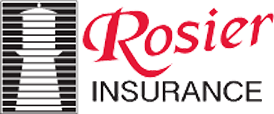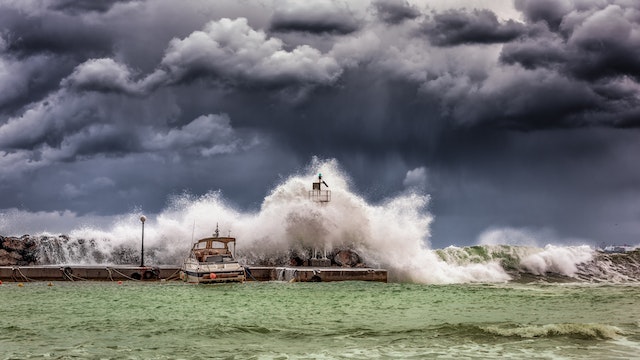What type of surroundings do you live in? Do you live inland or near the beach? No matter where you stay, you are prone to some kind of natural disaster. We need to stay ready and take proactive measures so that in case of any natural disaster or emergency we can stay safe.
Ways To Prepare For Hurricane Season
One must be mentally prepared and have a plan in mind for dealing with any unforeseen natural disasters, this is especially important for people living in disaster-prone areas. To stay safe individuals can follow these tips:
- Develop An Emergency Plan: Create an emergency plan for your family. Include evacuation routes and assembly points in it so that in case of a hurricane your family members are able to follow it and stay safe.
- Emergency Communication: Keep a portable charger and power bank fully charged for emergencies. Also, have a radio or even a satellite phone that can help you get in touch with friends, family, and emergency services. Practice as many times as possible to make yourself skilled in using such devices.
- Stock Up on Daily Necessities: When the time comes and you are affected by the hurricane, there is a high chance that you might not have access to basic necessities such as food, water, or power.
So it is best to stock up on these necessities in advance. Stock canned food items that have a long shelf life and won’t perish easily and also keep some basic medications in a first aid kit, batteries, etc. If possible keep a generator charged for possible medical emergencies. Bottled water is also important in these situations. - Secure Your Home: Install robust impact windows, doors and hurricane shutters at your home so that it remains safe even when flying projectiles or high winds strike during storm season.
- Follow the Weather and News: Stay updated with the local weather reports and advisories. Follow trusted sources so that you are able to learn about any hurricane warnings in advance and stay alert for emergency evacuations.
- Other Maintenance: Bring in all the chairs and tables that are there on your patio, so that these outdoor furniture don’t become flying projectiles during storm season.
- Tree Trimming: Regularly trimming trees before hurricane season is important to remove any weak, overgrown, or diseased branches that can become hazardous during storms. Trimming trees reduces wind resistance thus decreasing the chance of branches falling and hurting people or damaging property.
Doing so not only protects your property but also ensures the health and longevity of your trees and shrubs.
- Reliable Insurance Coverage: There are different types of insurance available for covering different types of damages. Natural disasters often cause severe damage to even the most sturdy structures.
So it’s essential to see what all your standard insurance covers and whether it covers flood damages or not. If it doesn’t then consider adding an insurance plan that covers it separately. Make sure you choose one that covers your house repairs, belongings, and damages from hurricanes.
Preparing for hurricane season requires extensive planning and reliable support. Secure your home today with Rosier Insurance. We offer homeowners insurance in Southwest, FL, designed to help make you whole again after natural disasters strike. Explore our wide range of insurance options and find the coverage that’s right for you.








